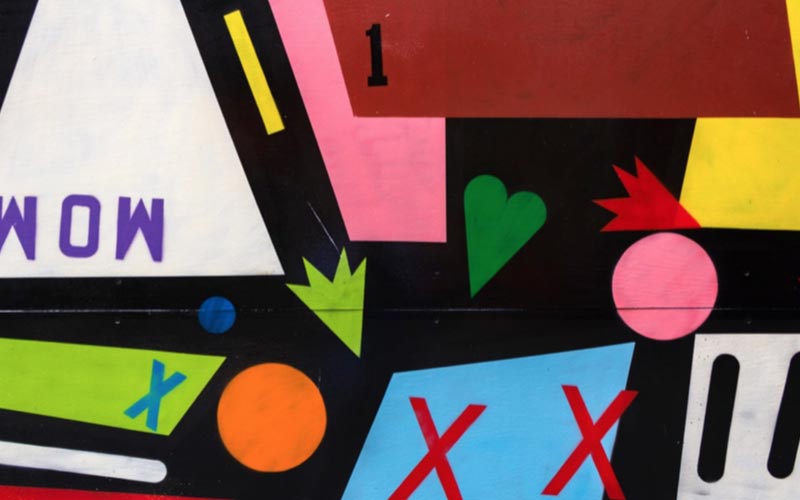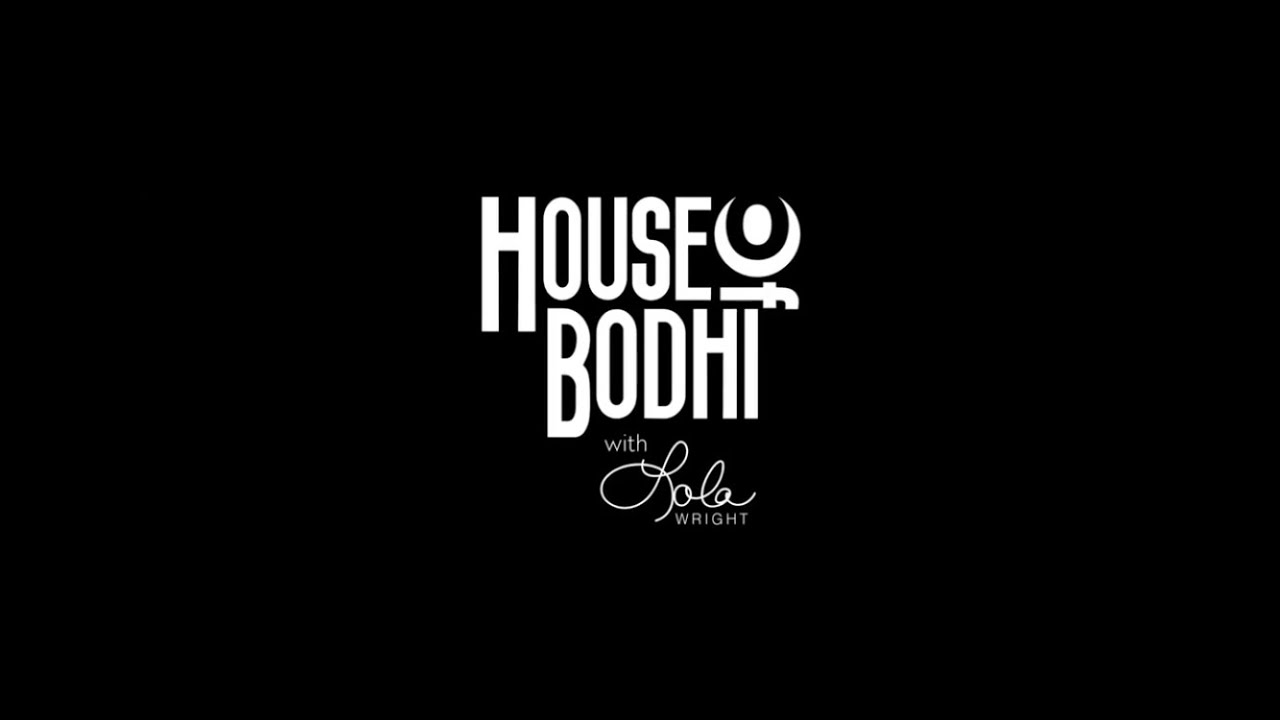In 1992, my mom left my dad for a woman—in a white, hyper affluent community that was not at all cool. My dismantled family system instantly shifted my experience of life. I had well-intended parents walking up to me at volleyball games offering their ear—quite possibly the last thing an eighth-grade girl wants while navigating a controversial, public, and scandalous divorce. Disappearance was more my strategy.
Because in a matter of months:
My best friend was no longer allowed to sleep at our house.
My mom was no longer welcome at our local club.
I was taunted at school.
I felt like I had nowhere to turn. While some people encouraged me to go to church, because of who my mother loved, I felt judged and unwelcome. And I wanted out. Around that time A Tribe Called Quest dropped Midnight Marauders. That album changed my world. And hip-hop became my new church.
Soar off to another world, deep in your mind.
– Buggin’ Out by A Tribe Called Quest
I ended up leaving my local public high school and attended boarding school in Colorado. It was a huge gift, allowing me the space to form my identity independent of family drama in a progressive environment that encouraged exploration and curiosity.
While the details of this story are unique to my life, the need to abandon spiritual community is profoundly familiar for many of the people I serve.
- 38 percent of 18-29-year-olds and 56 percent of LGBTQ 18 to 29-year-olds are religiously unaffiliated
- 27 percent of Americans say they are spiritual but not religious
Church is not working—for so many reasons. And yet human beings long for spiritual connection to receive a sense of meaning, purpose, and contribution.
Organizations and institutions built on a model of domination, authority, and control, which are inherently patriarchal paradigms, are being disrupted through radical and benign acts all over the globe. Something new is emerging and that involves witnessing the death of played out, tired ways of being.
The collective consciousness of humanity is waking up in new ways.
As a 13-year-old girl, I knew it was messed up that my mom’s love interest and sexual orientation was so culturally problematic. I had witnessed similar upset and fear when my uncle died of AIDS in 1988. At 13, I knew I was unwilling to subscribe to a religious tradition that was riddled with hypocrisy, oppression, and violence.
Hip-hop gave me access to liberation. I was turned on to knowledge of self. I got access to an indwelling presence of God that I never learned in religious education. I got a taste of internal freedom that was so sweet, I was compelled to give it away.
I am a strong critic of traditional religious community. The Christian Institution veered so far from the master teachings of Jesus, much like Howard Thurman once said, “I can no longer consider myself a Christian.” The corporatization of Christianity, the collusion of government and religion, and the abuse of power and authority in the name of religion has been devastating.
And yet, the voice of a spiritually-motivated generation of civically engaged leaders is critical. The gift of the spiritual worldview is to look beyond the thing. Albert Einstein was renowned for his clarity: “You cannot solve the problem at the level of consciousness that created it.”
This is precisely the contribution an innovative, progressive, transformational context that today’s emerging spiritual leaders must bring—the ability to critique our systems and structures while envisioning solutions that heal and free the ingenuity of the human spirit.











Leave A Comment